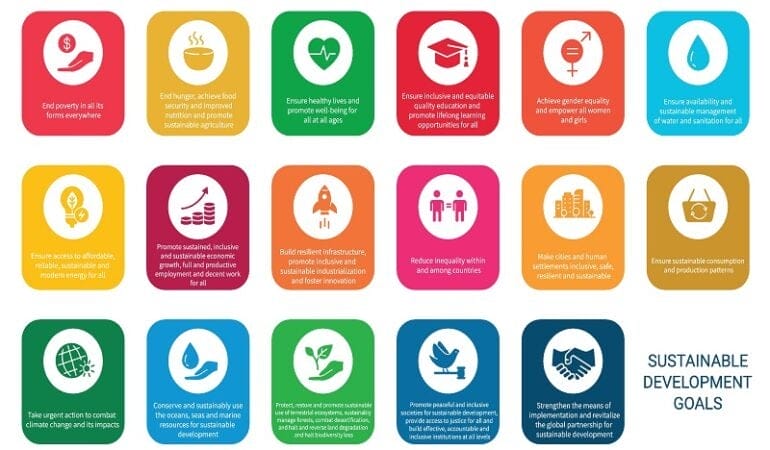
Land Matters Podcast
For many, a new year, and a new decade, is a time to take stock and set goals for the future. But what happens when an entire planet tries to make a common pledge?
Economic literature suggests that getting nearly 200 countries to agree on anything is very difficult, if not impossible. A big part of the problem is the concept of the Tragedy of the Commons, where individuals or groups, acting in their own self-interest, deplete a common resource. Another factor is how easy it is for some parties in any agreement to hold back on taking action and let others do the work—the “free rider” problem.
But are global agreements really destined to go the way of January diets? In this episode of the Land Matters podcast, George W. “Mac” McCarthy, president and CEO of the Lincoln Institute, offers some glimpses of hope, as he considers a range of global pacts over the last half-century. Success seems to hinge on a structure that gets buy-in both through penalties and incentives, turning those who would game the system into committed participants.
“We need to find a way to build a framework for people to do the right thing,” said McCarthy, who penned an essay for the January 2020 issue of Land Lines identifying the key ingredients for working together towards a common goal.
The 1987 Montreal Protocol, which curbed the use of chloro-fluorocarbons and other substances that were depleting the ozone layer, virtually ensured full participation by stating that trade would be banned with any country that didn’t sign.
Three decades later, global leaders are working to confront a much more complicated challenge—climate change. Nearly 200 countries agreed to the 1997 Kyoto Protocol, which acknowledged that poorer countries need help transitioning away from fossil fuels, but the agreement has not achieved the intended outcome.
Today, the 2015 Paris climate accord, with each nation determining contributions toward the goal of reduced emissions, is the next big test—and perhaps the ultimate test—of planet-wide cooperation. At the same time, the United Nations Sustainable Development Goals, a 17-goal blueprint addressing everything from poverty to better planned cities, will be scrutinized at the World Urban Forum 10 in Abu Dhabi next month, where the Lincoln Institute will have a delegation.
You can listen to the show and subscribe to Land Matters on Apple Podcasts, Google Play, Spotify, Stitcher, or wherever you listen to podcasts.
Learn More
“When Theory and Practice Part,” Land Lines
Property in Land and Other Resources
Anthony Flint is senior fellow in the Office of the President at the Lincoln Institute of Land Policy.
Photograph: United Nations Sustainable Development Goals. Credit: Getty Images/Irina Nazarova.
